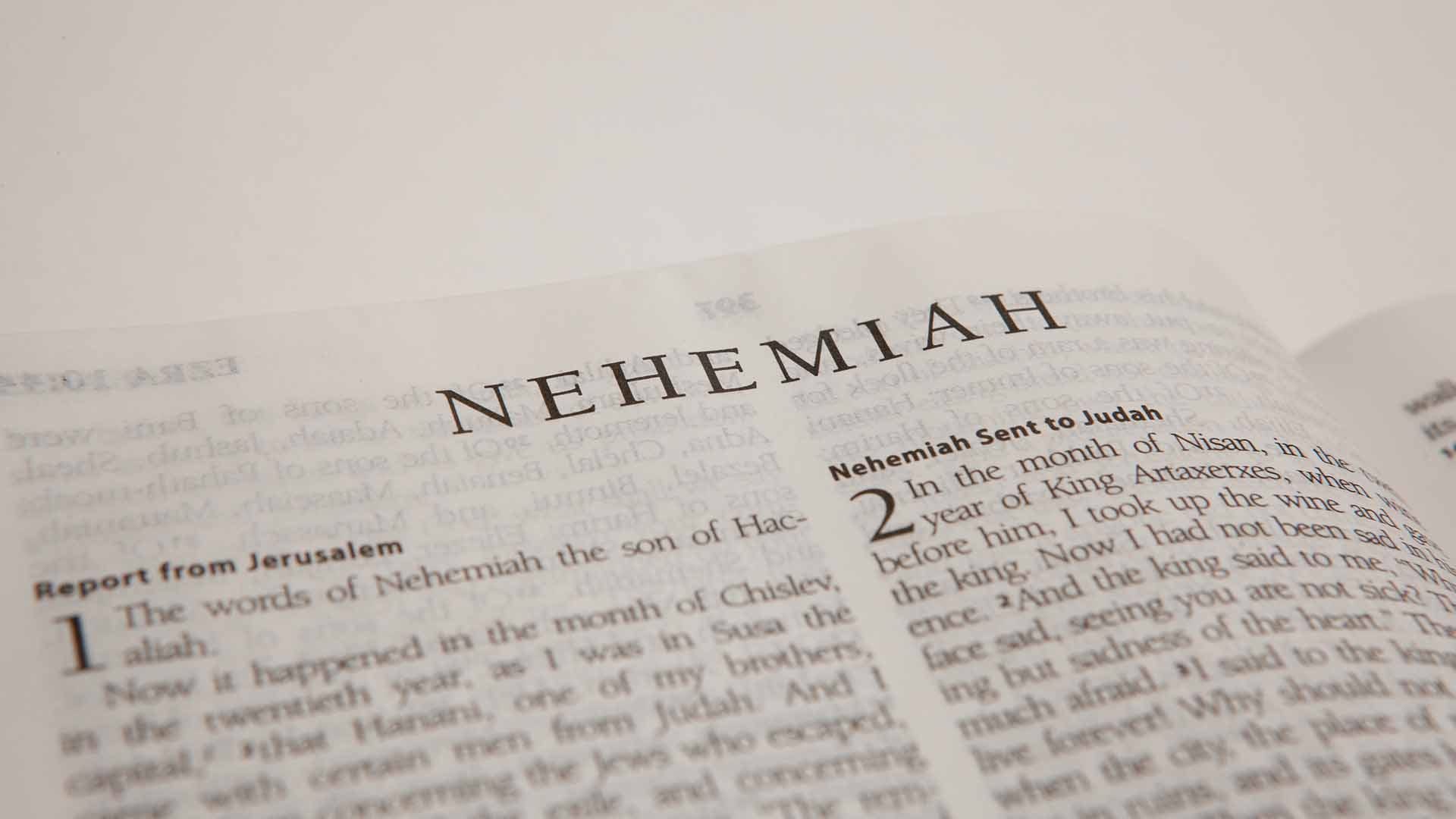This excerpt comes from Rebuild: A Study in Nehemiah a new group study by Kathleen Nielson with D. A. Carson.
God’s covenant love to his people shows itself not just in their survival but also in his continuing provision of godly leaders who make clear the path of faith. No longer do these people have a king—although Zerubbabel as David’s descendant represents God’s sure promise of an eternal king in that line. There were post-exilic prophets sent by God: Haggai, Zechariah, and Malachi. There remained faithful priests, as in the case of Ezra, who “set his heart to study the Law of the Lord, and to do it and to teach his statutes and rules in Israel” (Ezra 7:10). Ezra led his group back to Jerusalem to rebuild the temple.
And then there were leaders like Nehemiah, called to specific tasks. God provides in Nehemiah a wise leader, from whom we can learn much about effective, godly leadership. Nehemiah’s task is to bring God’s people together at this point in history to rebuild—the wall, yes, but most importantly the people. Nehemiah aims to bring this people together within the city of Jerusalem so that they can live according to God’s law—not just a compilation of rules but a system of worship that provides a means of coming as God’s people into God’s presence.
The Book of Nehemiah highlights God’s merciful provision of that means, through the temple with its priests and sacrifices. There is great joy as the people reassemble within Jerusalem’s walls, hear the Law, and reinstitute its prescribed worship. As they repent of their sin, and even as they fall into sin, we understand that we are reading about a God who in his unfailing love provides a way for his people to be forgiven. As we hear of sacrifices for sin offered by priests, we understand that this is the unfolding redemption story—one that culminates in Christ the Promised One who through his life and death and resurrection fulfilled the Law. These people were not able to fulfill it, nor are we; Jesus Christ was able.
The Old Testament closes with assemblies of worship led by priests in Jerusalem; the New Testament opens four centuries later with the coming of the one great High Priest, who shed his own blood as the final, perfect sacrifice for sin. No longer do we need priests and sacrifices and temple; Christ has once and for all accomplished the purification of God’s people toward which the sacrificial system pointed.
As we open Nehemiah, we can get ready to watch the God of history at work. We are reading the unfolding story of our redemption in Christ the Promised One who came, who died, who rose again, who ascended, who reigns, and who is coming again. In Christ the climax has come, but the story is not over. And we get to live in it, right now. Even in the midst of our struggles, we get to trust and obey the same faithful God and his same faithful Word. Nehemiah helps point the way.
